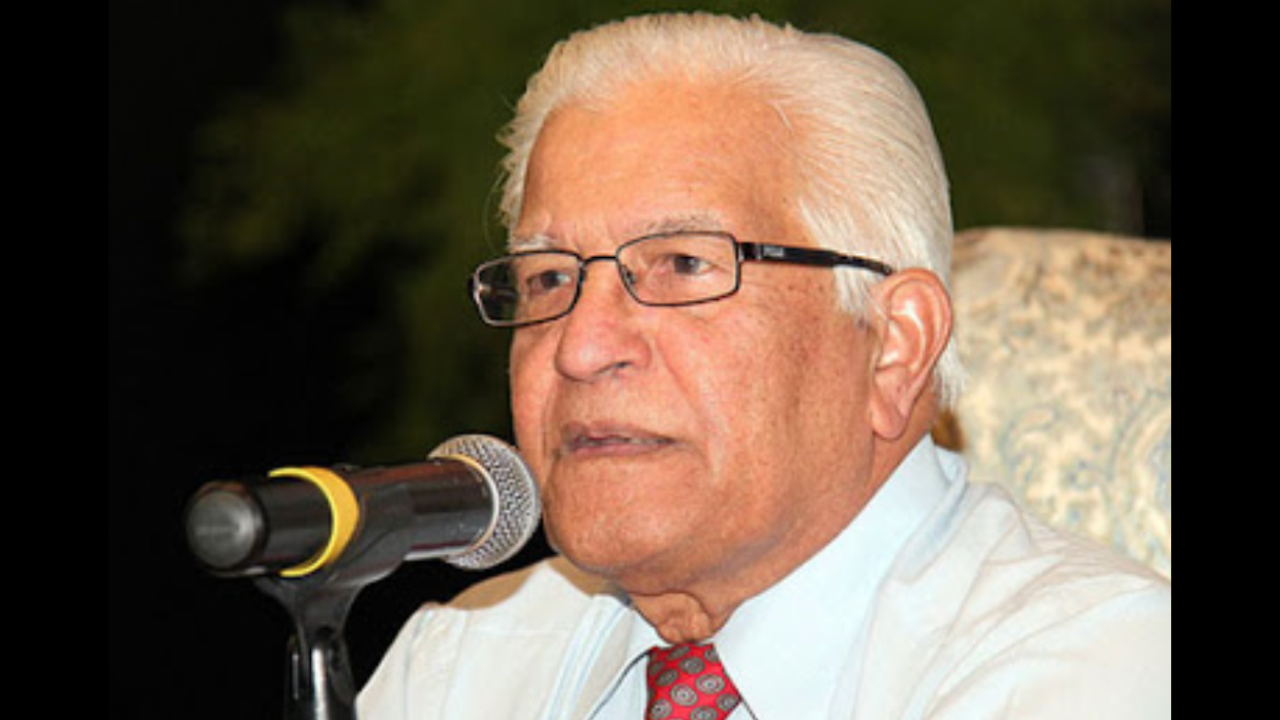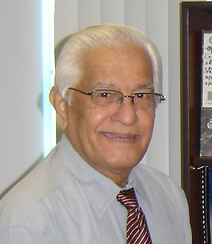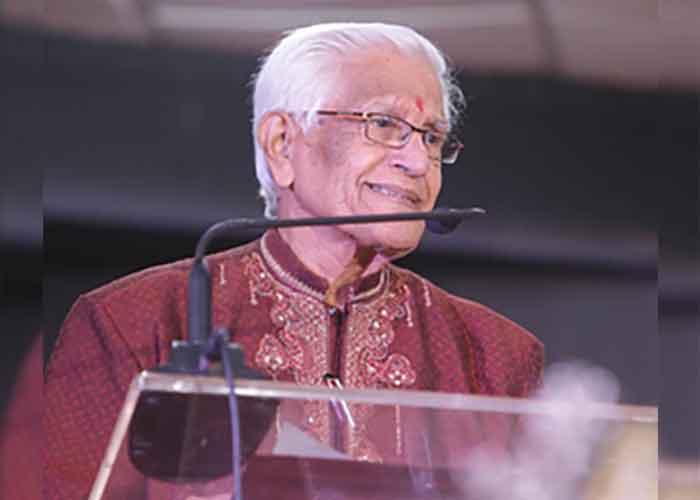
The life and journey of Basdeo Panday, Trinidad and Tobago’s first Prime Minister of Indian descent, is widely known and celebrated. His political career, which lasted from 1995 to 2001, left a significant impact on the socio-political landscape of the country. However, amidst the admiration for Panday, it is important to acknowledge the unwavering support and companionship of his wife, Oma Panday. Throughout his illustrious career, Oma stood by his side, providing him with the strength and encouragement he needed to navigate the challenges of leadership. Her role as a steadfast companion cannot be understated, as she played an integral part in Panday’s success and legacy. Together, they formed a formidable team, dedicated to serving their country and making a positive difference in the lives of its people.
Oma Panday: A Pillar of Support

Oma Panday, also known as Oma Ramkissoon, played a significant role in Basdeo’s life and career, although specific details about her age and biography may not be easily accessible. She served as a strong pillar of support for her husband throughout his illustrious political journey. Together, they faced and overcame various triumphs and challenges that accompanied Basdeo’s position as the fifth prime minister of the country. Oma’s unwavering dedication and commitment to her husband’s success undoubtedly contributed to his achievements and the impact he made during his time in office. While there may be limited information available about Oma, her influence and support in Basdeo’s life cannot be underestimated.
Behind the Scenes: Oma’s Contribution

Basdeo’s political accomplishments often took the spotlight, but it is important not to overlook the contribution of his wife, Oma. While working behind the scenes, she provided a stable foundation for Basdeo’s career and maintained a sense of normalcy and family values amidst the demands of public life. Oma’s reserved yet supportive nature demonstrated her unwavering commitment to her family and her husband’s career.
The Panday family played a crucial role in Basdeo’s political journey. They had four daughters – Niala, Mickela, Nicola, and Vastala – who provided a personal backdrop to Basdeo’s political narrative.
Niala, the eldest daughter, witnessed her father’s political progression from the beginning of his political career to his rise to the position of Prime Minister.
Mickela, who publicly announced her father’s passing on social media, played a significant role in conveying the news. Her tribute highlighted Basdeo’s wit, humor, and fighting spirit, offering a glimpse into their family dynamics.
Nicola and Vastala, the younger daughters, also experienced the triumphs and challenges associated with their father’s political career. These experiences undoubtedly shaped their perspectives, influenced by the demands of public life and the stability of a supportive home.
Oma’s Role: Shaping the Family’s Unique Story
Oma Panday’s role in the Panday family went beyond being Basdeo’s wife. She was a central figure who made significant contributions to their unique narrative. Although there is limited documentation about their family life, it is evident that Oma, along with Basdeo, raised their four daughters in a way that reflected their shared journey, where political life and personal relationships intertwined.
Oma’s commitment to family values, combined with her supportive and reserved nature, served as a guiding force within the Panday household. Her role in the family and her husband’s political journey highlighted her importance, showcasing the invaluable part she played in shaping their family’s distinct story.
In conclusion, Oma Panday, the wife of Basdeo Panday, Trinidad and Tobago’s first Prime Minister of Indian descent, played a crucial role in supporting her husband’s political career. Although often overshadowed by Basdeo’s achievements, Oma’s contributions behind the scenes should not be overlooked. Together, they navigated the challenges of public life while upholding their family values. Their four daughters also played an integral part in their shared journey, witnessing their father’s political progression and shaping their own perspectives. Oma’s commitment to family values and her supportive nature made her a central figure in the Panday family’s unique story.
